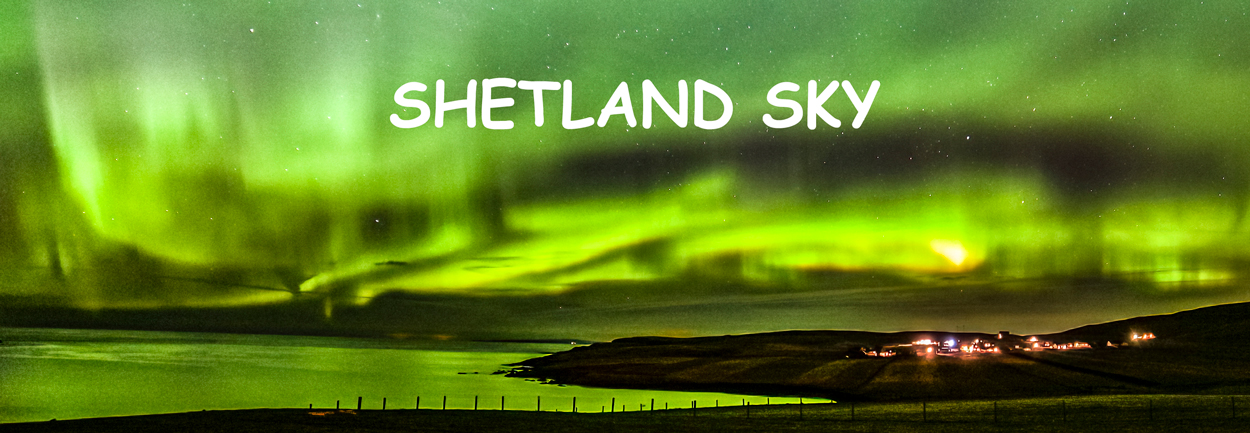FOG
`The weather is like
the government, always in the wrong’
Jerome k Jerome
Shetland weather is very mixed and it is said that you can
have four types of weather in the same day and this is true. In summer when the
temperature rises and meets old air it causes fog, very dense in places.
The Haar – or sea fog rolls in and cloaks hillsides and
crofts and makes things mysterious. Fog is also known as `Stumpa’ in Shetland.
The most common is Advection fog which is caused by a warm air mass crossing a
cooler surface- often the sea, in which case the heat is transferred downwards
from the air. This reduces the air temperature to its dew point, producing
saturation then fog.
The difference between Advection and radiation fog is the
role played by air movement in its formation. The term `Advection’ is used
almost exclusively in meteorology and oceanography normally referring to the
horizontal motion that transports some property of fluid. Advection refers to
the amount of heat transported by the wind or ocean currents.
Advection fog is commonly found in areas such as Shetland,
especially on the east side as warm air is cooled by the sea surface, this is
known as sea fog – Haar, it occurs often in spring and early summer when the
sea temperature is recovering from its lowest.
Advection fog is always moving and even winds of 30 knots
may not move it, however a stronger wind will lift the fog to form extensive
stratisform cloud.
We love to complain when the weather is poor or visibility
reduced by fog but we can appreciate the good weather when it comes.
As a photographer I love to find the edge of the fog where
the sun meets the dense mass creating a great contrast of light. Below is a
photograph of Channerwick Bay in the south mainland, the bank of fog holding
its position for a few minutes before enveloping the tractor beach and fields.
Here is an interesting fact:
The tiny water droplets that make up fog are so small that
it would take seven thousand million of them to make a single tablespoonful of
water









